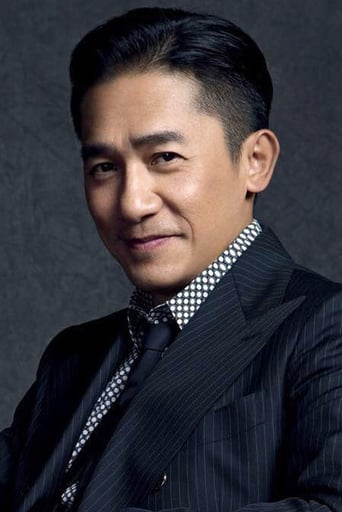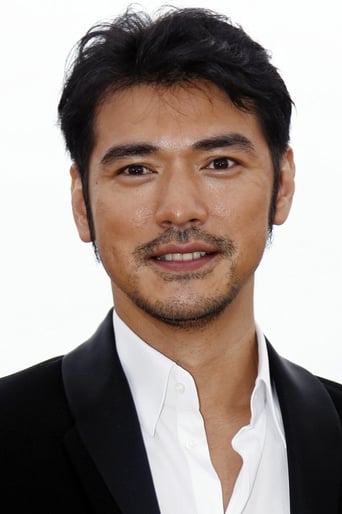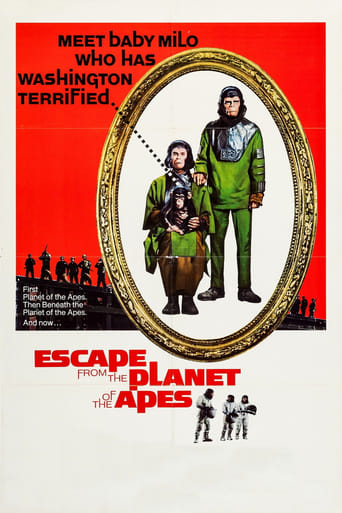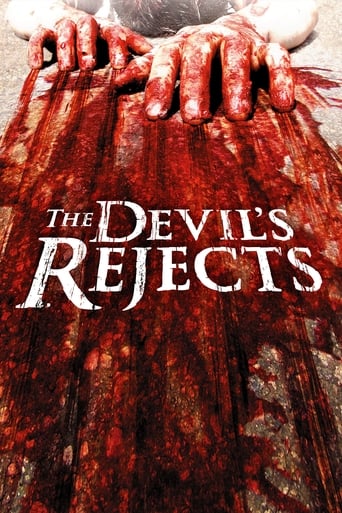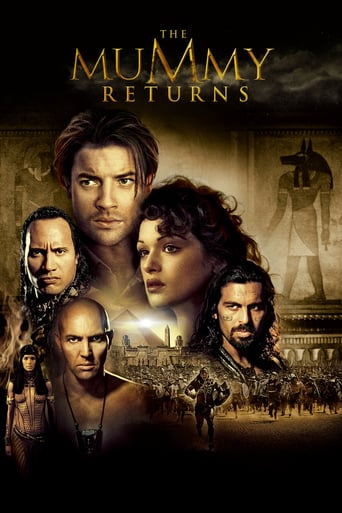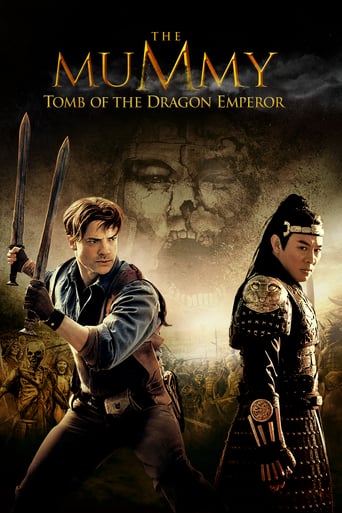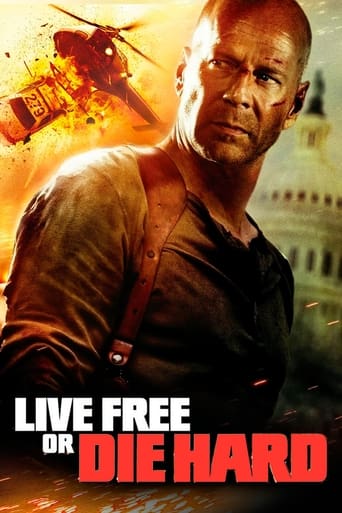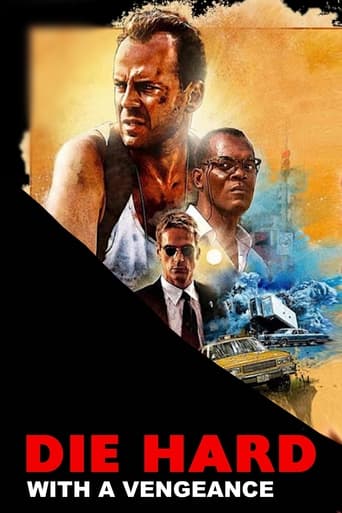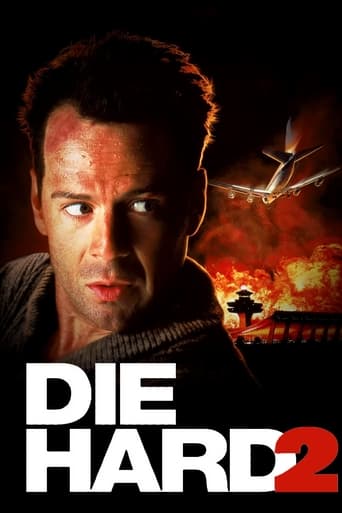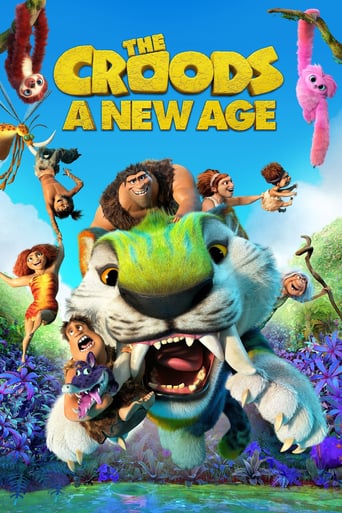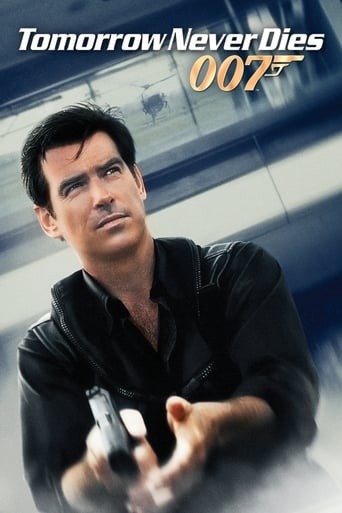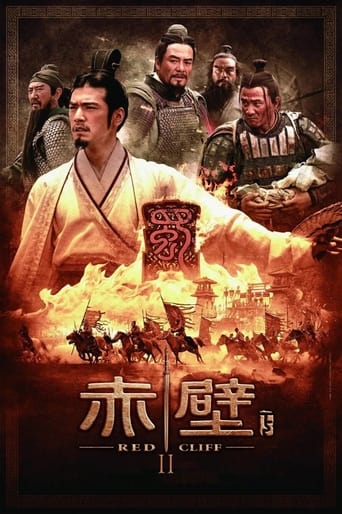
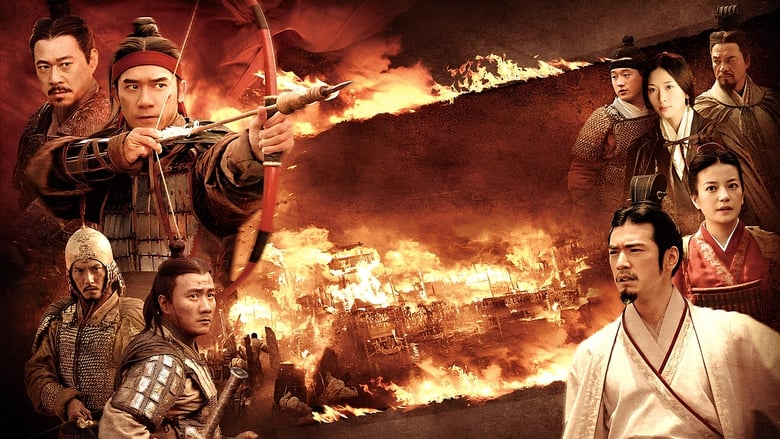
Red Cliff II (2009)
The battle of Red Cliff continues and the alliance between Xu and East Wu is fracturing. With Cao Cao's massive forces on their doorstep, will the kingdoms of Xu and East Wu survive?
Watch Trailer
Cast


Similar titles
Reviews
What a beautiful movie!
Expected more
Best movie of this year hands down!
Best movie ever!
I'm always amazed to consider how much culture and worldview the Chinese have stored in them and how little of it has been tapped yet. Compare with American films, how many we get on our screens all across the world and what trivial philosophy supports them. The Chinese are still in a process of committing their vast narrative to first images. So with these two films, it seems at this point that getting down the chronicle in a simple way and make it boisterous entertainment was enough. We get history that flattens and oversimplifies, good lords against cruel despot, freedom against oppression, and swathes of conflict without nuance. We get a lot of chintz and scale. The first movie was without worth, but they tap into something else with this second one.Most of it is taken up by the machinations of the two rival sides for control over the narrative; ways to tip on their side the fateful battle before it begins the next day across the Yangtze. Some of it simple, rafts with infected bodies sailed into the opposite side. A spy manipulated to spread a false story. It's the main stratagem however that elevates it to something more, gathering up a different view than just opera.The stratagem is that the direction of the wind on the fateful night when navies meet is going to be crucial, wind having the power to decide the course of empire depending on which way it blows, north or south. The Way of Heaven (as Chinese viewers will know it) central in how fates dispense worldly order.This is what's being set up in an earlier sequence where one of the protagonists (who we have registered before as a kind of Confucian adviser to a lord) is able to stage and manipulate illusion (the barges with straw soldiers to gather up arrows) by having the knowledge of observing the structures of Nature - warm morning wind after a cold night means a fog that day.And yet it still could have gone either way that night, the balance as fickle as a candleflame in the wind. It's the loving wife who has changed sides hoping to avert the war who tips the balance that night; seducing the tyrant with a tea ceremony that is just buying her husband time, another staged illusion that comes from knowing how to observe the weather of Man, fickle desire tricked by beauty.The ensuing battle is a rip-roaring wind that blows north and rolls up an entire landscape of boats, men, and fortifications. This is the part with the spectacle most viewers will want to see.I'd rather keep with me all the other stuff and how it suggests a vantage point rooted beyond appearances. They come from the far center of Chinese soul. Spontaneous nature carrying the way (the Chinese character for "heaven" also invokes "nature", "sky" and "spontaneous"). Letting yourself bend to the way of the wind, timing the pull. Weather in and out. I can imagine it coming from the hands of a tea master like Wong Kar Wai, who can make the camera bend to the way of things, permitting us to take our own place within them; love, regret, memory. Woo just forces things in his way like a warlord. The scene where the spy woman (the most spirited being here) returns from the enemy camp and she lets the fabric with the map unfold from her body - that's Kar Wai.
After the fantastic first part, the second starts a little underwhelming. This film isn't quite as action packed as the first, instead building to the amazing finale. So there's about an hour and a half of each camp planning attacks and working to defeat the enemy. There are some really good parts here (especially how the rebels procure arrows) but it all pales in comparison to the massive, explosive finale. It's one of the best war scenes ever put to film and absolutely exciting.Overall, this is a masterpiece of film and one of the best war movies of all time. It's well worth your time.
For those who have seen the likes of Braveheart, 300 and Gladiator can go into this movie expecting a Chinese version of all three films. Criticized for bland and scatter-shot characterization by many while screening in Asia, I for one loved it.This is an ancient story known to most children in the Far East: in the Three Kingdoms period, numerous warlords partition China and the eventual result boils down to three major ones: Liu Bei, Sun Quan and Cao Cao, who was also the Prime Minister, and de facto ruler of the country. When Cao Cao was on the verge of conquering all of China, a joint force of Liu Bei and Sun Quan engaged him in a naval battle at Red Cliff and defeated him by burning his entire fleet with the aid of the wind.So famous, and so quoted is this story in the Far East, that one would be surprised that this film adaptation is nothing but formulaic. It is almost a twist, a turnabout, on the formula of the "Big Man History" format that has dogged Hollywood epics, the whole idea that one man can inspire thousands to affect a series of triumphs. In this movie, that is entirely changed. Like Milton in "Paradise Lost", this film seems to be "of the devil's party", and it may jolly well know it, even if slyly.The Devil here refers to the villain of the piece, Cao Cao, who also happens to be the most well-drawn character in the movie. Historically known as one of the wisest and most beneficent rulers of the day, his Machiavellian hardball politics at odds with China's Confucian orthodoxy ("holding the Emperor hostage, commanding the nobles.") have however tarnished his reputation among Confucian scholars, and here both sides of his nature are acknowledged. Power-hungry, passionate and cunning, but not without a sense of humor. This is a man who composes classic poems as he leads his troops into battle, laughs as he sends diseased corpses into enemy camps as germ warfare, and kills anyone that he so much as suspects of disloyalty. As the movie proceeds on through a series of maneuvers and counter-maneuvers by both sides, what falls Cao Cao and results in his eventual defeat (an ending known to most children in the Pacific Rim) is precisely that monstrous ego. He commands front and centre among his troops to the extent that all those around him never get a chance to shine. His monstrous ego and overwhelming power cause him to ignore or steamroll over good advice, and is key to his downfall, down to very last decisive second. In spite of his intelligence and charisma, because no one enforces checks on his power, no one is there to correct his mistakes.Far from the case in the armies of Liu Bei or Sun Quan, Cao Cao's rivals. Within their groups, there is a division of labor, and both Sun Quan and Liu Bei are intelligent, charismatic but not egotistical. In such a situation power is at least checked within the group and tempered by a sense of mutual respect and honor, in contrast to the unwavering loyalty and obedience that Cao Cao demands of his troops. Loyalty towards the group in this case is not co-existing with loyalty to the leader. It is this mutual respect and this ability to pool good ideas and listen to good advice, that ultimate leads Sun Quan and Liu Bei to victory.What do you know! Chinese cinema has just produced in the form of a historical epic, an impassioned allegory for the advantages of democracy. This movie is at the same time a great showing-up of the oddly undemocratic nature of the Hollywood historical epic, with its "Big Man"-centred heroic narratives.This may be John Woo's cleverest and most understatedly subversive film yet.
I guess i do not need to explain this part in detail. Part I has already explain much of the style and depiction of the movie. And all i could tell you is that its great. Part II starts where the 1st one left off. The 1st defeat of Cao Cao's army didn't make the PM any less confident as he is about to commence his second army to take the charge. The Navy. He's determine that he will take down Red Cliff like an iron fist. Meanwhile, Zhou Yu and company are finding ways to cripple the large naval fleet that Cao Cao has already settle in opposite side of their fort. With characters already introduced in the 1st part, the movie didn't seem to lose the magic as it keeps surprise audience in it's story. This part starts off with the latter half focusing entirely on character development. The final half goes in for the battle. Just like part I, the battle scene still packs a huge punch at your guts with many brilliantly choreographed movements and kinetic action. The ending ends up in a very fair manner but that's up to you to decide.Anyways, it's still as good as the 1st part. One of the best film adaptation from novels. Many should know it's basically the same thing because it was shot back to back. So what really determines how good is part 2, you'll have to watch part 1 first.8.8 out of 10 rating.


